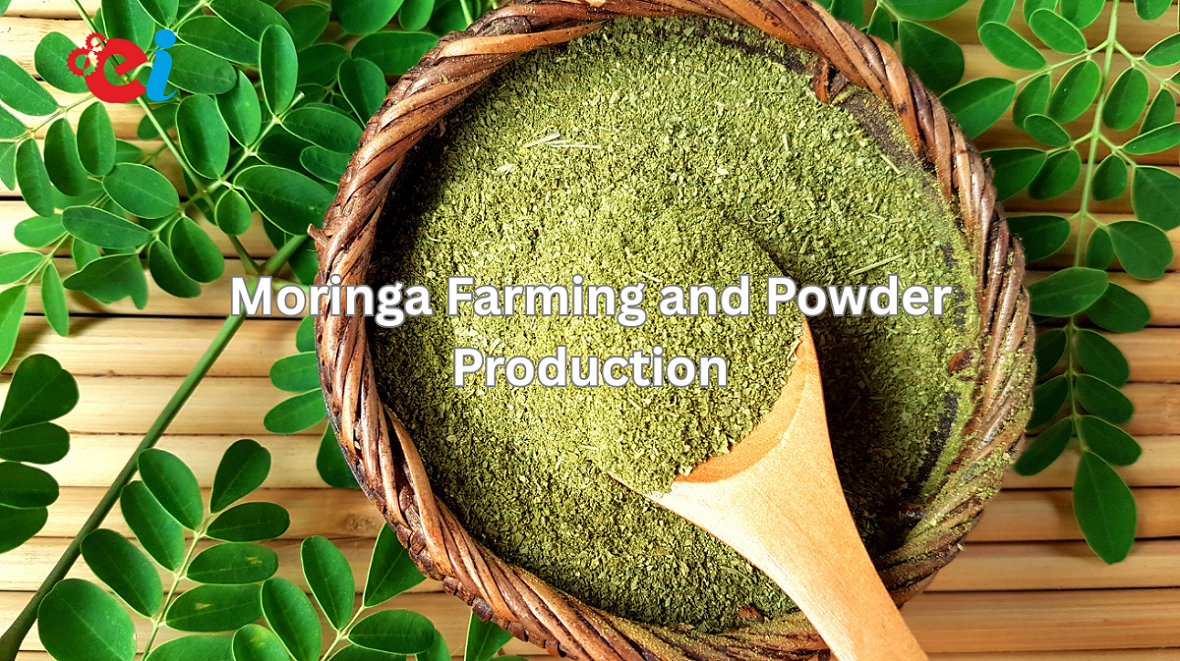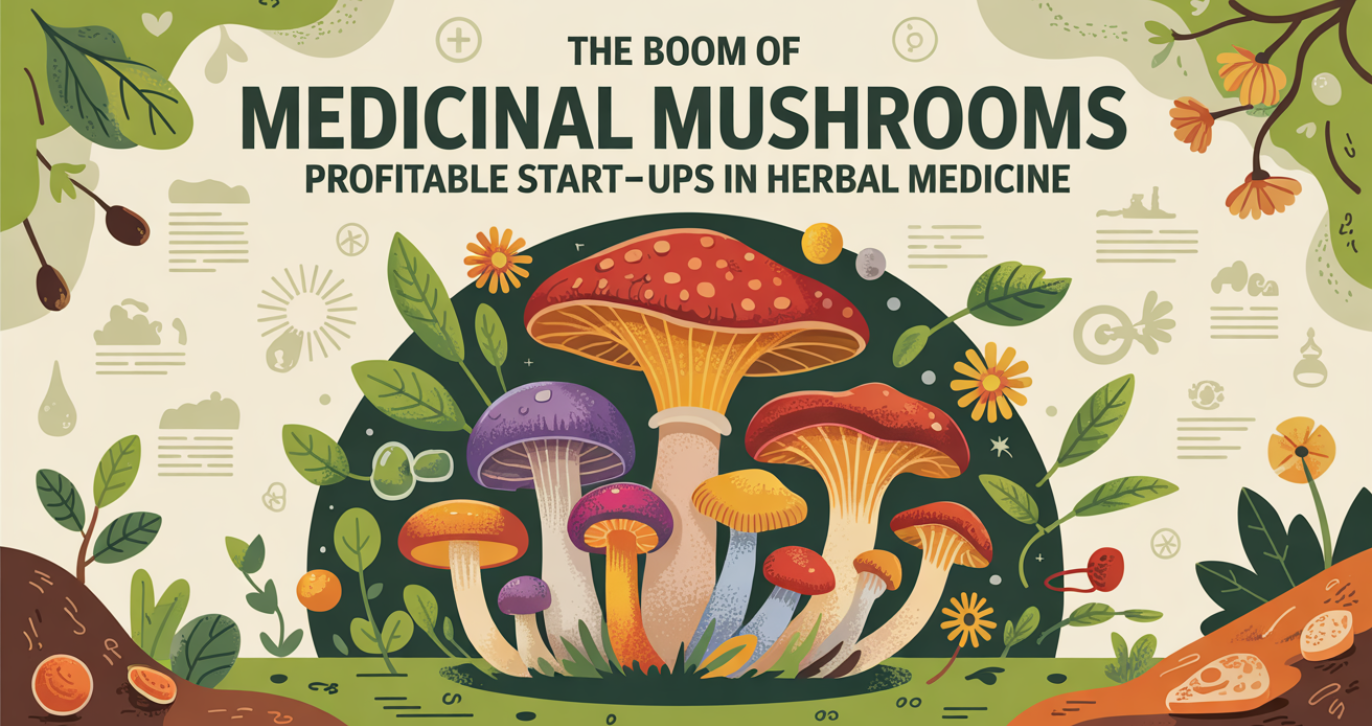
The business of floral recycling would be a very interesting, profitable venture with sustainability at the center of modern business innovation. Every year, tons of flowers are disposed of after being offered at religious ceremonies, weddings, and other events. Instead of going to waste, businesses can recycle the floral waste into various useful products, making it an environmentally friendly yet profitable business.
Floral Recycling: Growing Potential
With the rise in consciousness towards nature and demand for products that sustain the ecology, floral recycling has finally started to take off worldwide. Organizations convert flower waste to organic fertilizers, incense sticks, essential oils, and even biodegradable packaging. It is a great way of minimizing waste output while also facilitating a circular economy where waste becomes a resource.
Globally, the demand for sustainable products has skyrocketed; the present-day consumer is preoccupied with the environmental impacts of their purchase decisions. An ecologically friendly venture involved in upcycling floral waste would not only sustain its revenues but would also lay claim to the green market. Increasingly, governments and regulatory authorities are encouraging green initiatives by giving incentives and subsidies to businesses with a sustainability focus.
Best Profitable Ideas for Floral Recycling
1. Organic Fertilizer Production
Floral waste could be converted into organic compost and fertilizers, which are in high demand as consumers seek chemical-free farming. Therefore, this product has acceptance among organic farmers, gardeners, and environmentally concerned consumers.
2. Stick and Cone Incense
Florescence flowers offered to the deity can be turned into sticks and cones of incense. This aids in the attraction of spirits interested in reducing waste from temples and monasteries. Temples and other religious organizations generate huge amounts of floral waste, making tulips an easily available potential.
3. Essential Oils Extraction
Essences present in flowers like roses, lavender, and marigolds are extracted for use in perfumery, skincare, and aromatherapy preparations. The extraction can use one or more methods, including steam distillation, cold pressing, or solvent extraction. With beauty, pharmaceutical, and therapeutic applications, essential oils prove to be a brilliant business venture.
4. Natural Dyeing for Textiles and Cosmetics
Floral waste could be formulated into natural dyes for textiles and cosmetic manufacture. These dyes present lucrative business opportunities to complement the rising demand for sustainable fashion and chemical-free beauty products.
5. Handmade Paper and Biodegradable Packaging
Floral fibers can be transformed into biodegradable paper and packaging materials. As the world moves toward sustainable packaging, this sector might instead respond to corporate demand.
Also Read: Profitable Biomass Pellet Business: Non-Torrefied & Torrefied Pellets
6. Floral-based Beverages and Edibles
Some flowers, such as hibiscus and lavender, are used to make herbal teas, flavored drinks, and gourmet food products. Botanical edibles are responding to the increasing demand for naturally healthy food.
First Steps in Undertaking a Floral Recycling Business
1. Market Research
Identify the target market, competitors, and distribution channels; understand consumer preferences; and analyze which floral recycling product is the company’s star in demand.
2. Sourcing of Floral Waste
Partner with temples, florists, and organizers of events in gathering discarded flowers. Allow time for setting up an alternative supply chain for the uninterrupted flow of raw materials.
3. Processing and Manufacturing
Invest in technology for composting, essential oil extraction, or paper production. Set processes that are environmentally friendly with product integrity and sustainability in mind during their processing.
4. Branding and Marketing
Floral essences from roses, lavender, and marigolds play a vital role in perfumes, skincare, and aromatherapy. Promote the environmental benefits of the products to attract green consumers.
5. Compliance and Certifications
Ensure compliance with regulatory requirements and endorsement of eco-friendly certifications to gain credibility. Many consumers prefer to buy certified products. This can increase sales and improve the brand’s reputation.
6. Distribution and Sales Channel
Go into detail about your distribution channels while considering online marketplaces, retail stores, and associations with eco-brands. Set up direct-to-consumer through your e-commerce website.
Challenges and Solutions in Floral Recycling
Challenges:
- Logistics & Collection: Efficiently collecting floral waste involves relying on well-established partnerships and effective transportation.
- Processing Costs: Essential oil production and composting might require an initial investment in processing units.
- Market Competition: Building niches in sustainable markets can be difficult.
Solutions:
- Collaboration With Local Entities: Working with florists, temples, and event planners will guarantee a steady flow of floral waste.
- Cheap Technology:
- Select small-scale processing methods to cut costs.
- Differentiating the Brand: Do this based on unique selling points, such as premium quality, social impact, or organic certifications.
Closing thoughts
Opportunity knocking for flower waste recycling entrepreneurs to bring together sustainability and business profitability. This opportunity not only opens a new market for entrepreneurs but also dangles the sweet prospect of waste-to-value. Draw business plans on the side of marketing a sustainable solution as consumer tastes change. Now is the time to convert floral waste into prosperity. Yes. This is the message through which the world will pass: sustainable business will stay. The role of entrepreneurs entering this innovation in floral recycling would be to create an entirely alternative path to conservation and profit from products such as organic fertilizers, distillates, essential oils, or biodegradable packaging-the world is their oyster.









